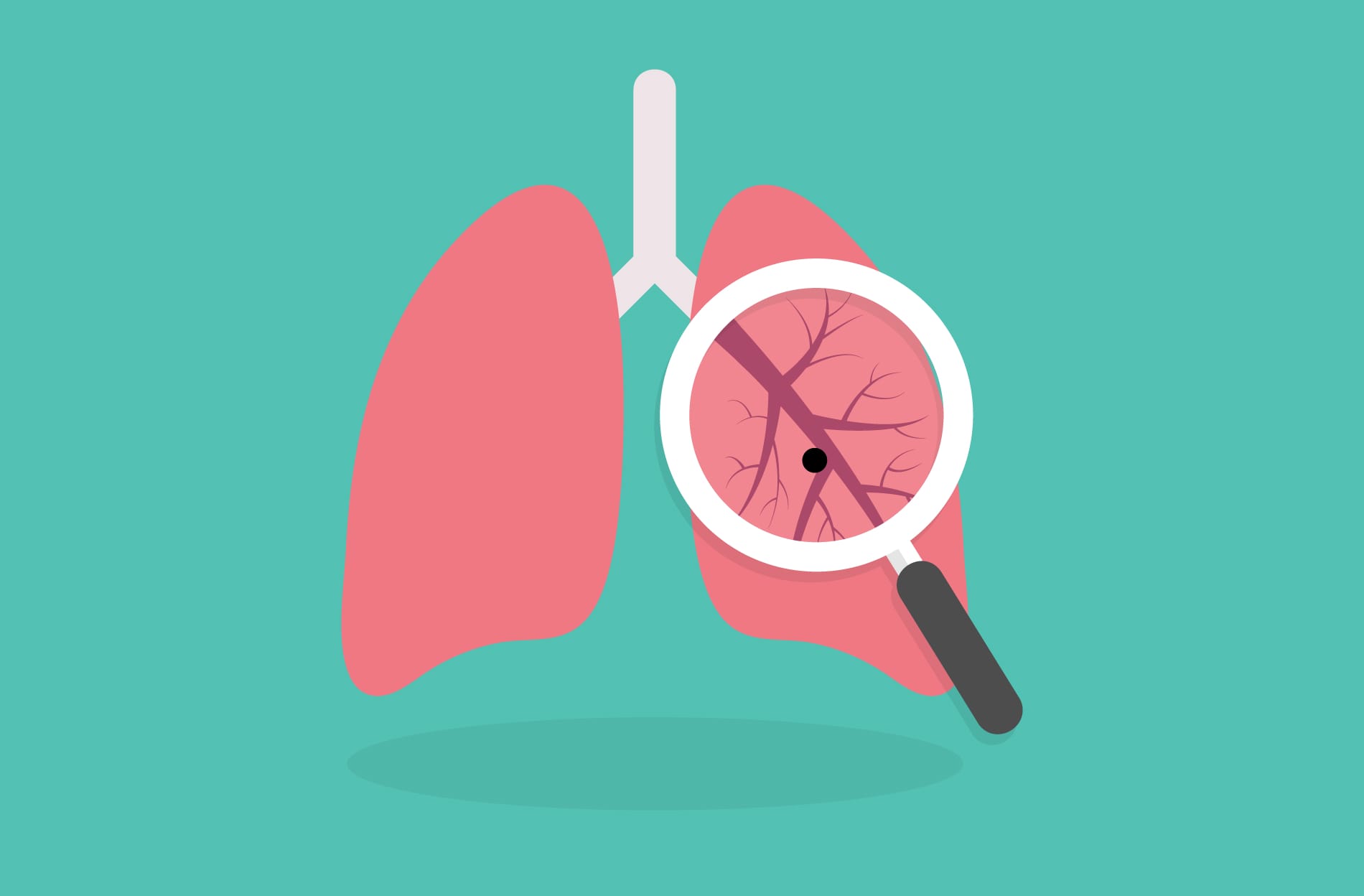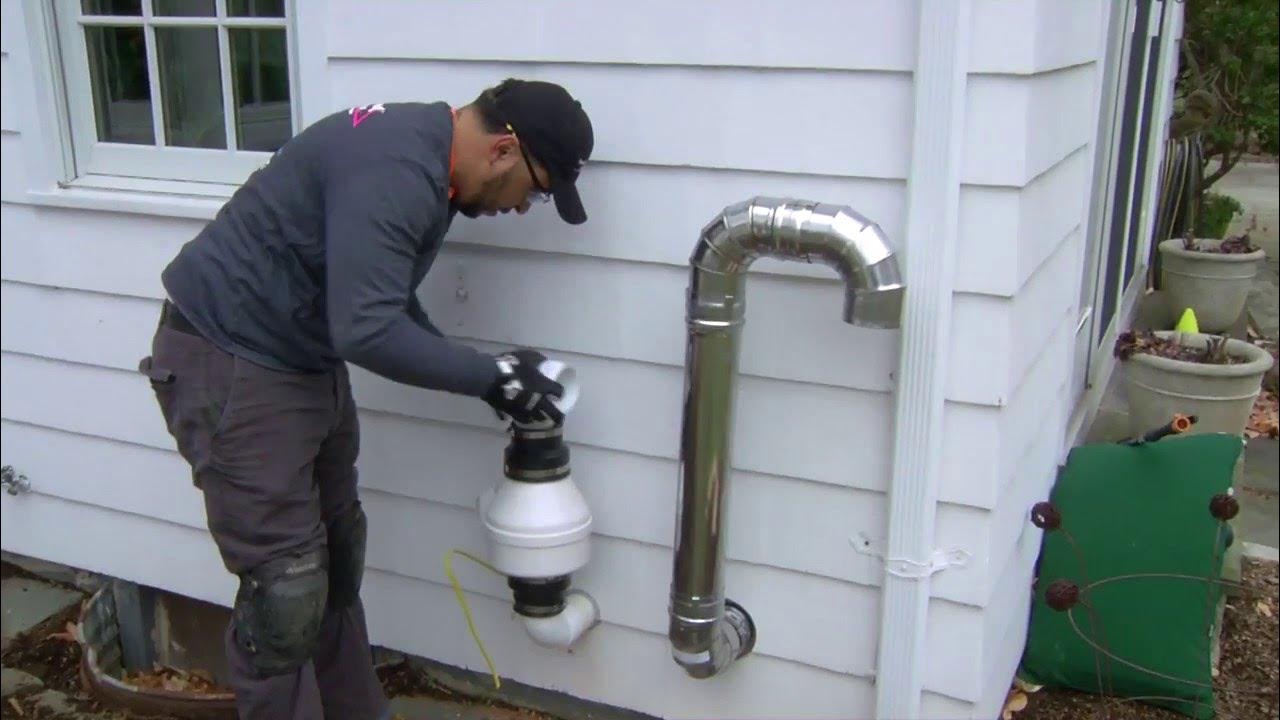Radon is a naturally occurring radioactive gas that can be found in homes, workplaces, and the environment. It is colorless, odorless, and tasteless, making it difficult to detect without specialized equipment. Prolonged radon exposure can lead to serious health risks, primarily lung cancer, which is why it is crucial to seek medical attention if you suspect you have been exposed.
This article will discuss the importance of visiting a doctor after radon exposure, the health risks associated with radon, and the steps to take to protect your health.
Table of Contents
Understanding Radon Exposure and Its Health Risks
Radon is formed by the natural breakdown of uranium in soil, rock, and water. It can seep into buildings through cracks in the foundation, walls, and floors, accumulating to potentially harmful levels.
The U.S. Environmental Protection Agency (EPA) and the Surgeon General have warned that radon is the second leading cause of lung cancer in the United States, responsible for about 21,000 deaths annually.
Radon exposure does not cause immediate symptoms, and the effects may not be noticeable for many years. However, prolonged exposure can significantly increase the risk of lung cancer, especially in smokers or those with a history of smoking.
Symptoms of radon-induced lung cancer may include a persistent cough, chest pain, shortness of breath, hoarseness, and unexplained weight loss. If you have been exposed to radon and are experiencing any of these symptoms, it is essential to seek medical attention promptly.
The Importance of Medical Attention After Radon Exposure
If you suspect radon exposure, visiting a doctor is crucial for several reasons. First, a healthcare provider can assess your risk of developing lung cancer based on your exposure level, age, smoking history, and other factors. They may recommend tests, such as a chest X-ray or low-dose computed tomography (LDCT) scan, to monitor your lung health and detect any early signs of lung cancer.
Second, if you are experiencing respiratory symptoms, a doctor can determine whether they are related to radon exposure or another underlying condition. This is important because radon-induced lung cancer can be mistaken for other respiratory illnesses, leading to a delayed diagnosis and treatment.
Third, a doctor can guide you on reducing your exposure to radon and protecting your health. This may include recommending measures to mitigate radon levels in your home or workplace, encouraging you to quit smoking or avoid secondhand smoke, and advising you on healthy lifestyle choices to reduce your overall lung cancer risk.
Steps to Take After Radon Exposure
If you suspect radon exposure, follow these steps to protect your health:
- Test your home or workplace for radon: The EPA recommends testing all homes and workplaces for radon. You can purchase a do-it-yourself radon test kit or hire a professional to conduct the test. If the radon levels are high, take immediate action to mitigate the exposure.
- Mitigate radon levels: If your home or workplace has high radon levels, take steps to reduce the exposure. This may include sealing cracks in the foundation, installing a radon mitigation system, or increasing ventilation. Consult a professional for guidance on the best approach for your situation.
- Quit smoking: If you are a smoker, quitting is the most effective way to reduce your risk of lung cancer from radon exposure. Smoking significantly increases the risk of lung cancer, and radon exposure can exacerbate this risk. Seek support from your doctor or a smoking cessation program to help you quit.
- Schedule a doctor’s appointment: If you suspect radon exposure, schedule an appointment with your doctor to discuss your risk and any necessary testing or preventive measures. Your doctor can guide monitoring your lung health and reducing your overall lung cancer risk.
Conclusion
Radon exposure is a serious health concern that can lead to lung cancer, especially in smokers or those with a history of smoking. If you suspect radon exposure, seeking medical attention is crucial to assess your risk and take necessary steps to protect your health.
By testing your home or workplace for radon, mitigating high levels, quitting smoking, and scheduling a doctor’s appointment, you can reduce your risk of lung cancer and safeguard your health.




